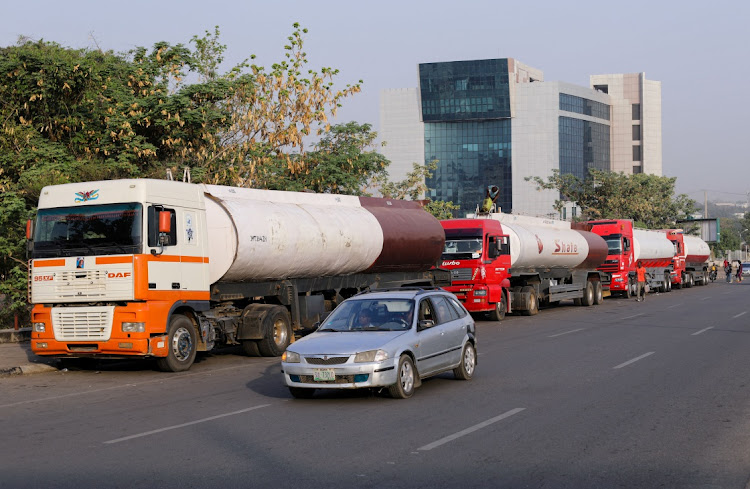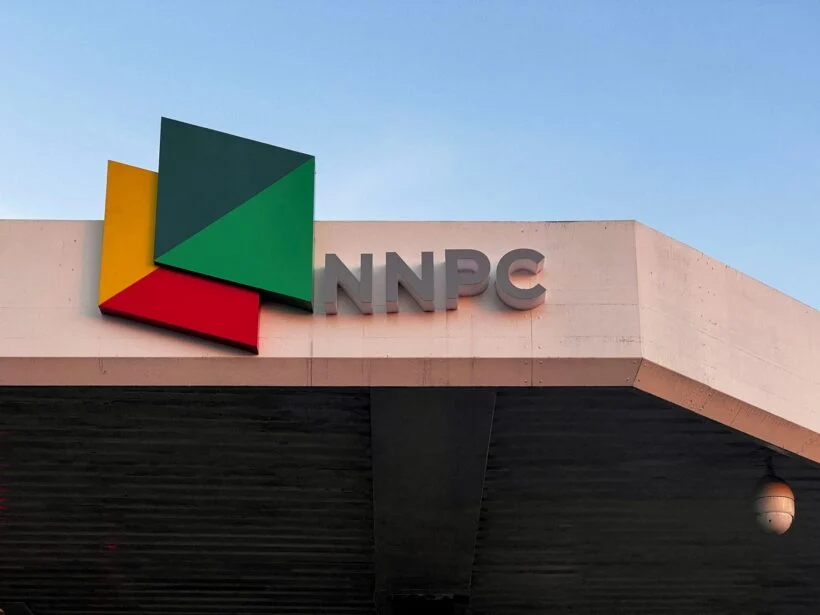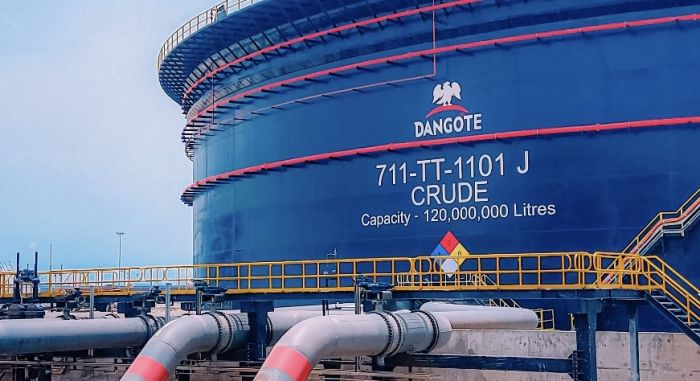Nigeria’s state-owned oil company, NNPC Ltd, announced an 11% increase in petrol prices on Monday, marking the second price hike in two weeks. The move coincides with NNPC’s commencement of fuel purchases from the newly operational Dangote oil refinery near Lagos.

The price of petrol in Lagos has risen from 858 naira ($0.53) to 950 naira per liter, with prices reaching as high as 1,019 naira in northeastern states. NNPC reported purchasing the fuel from Dangote at 898 naira per liter.
This price increase comes as Nigeria seeks to end years of fuel imports through the 650,000 barrels-per-day Dangote refinery. President Bola Tinubu began phasing out fuel subsidies upon taking office in May 2023, a move that has significantly impacted the cost of living for Nigerians.
“The transition to domestic refining is crucial for our energy independence, but we recognize the short-term challenges it presents for consumers,” said NNPC spokesperson Olumide Ajayi. “We’re working to stabilize prices as the market adjusts.”

The price of petrol is a sensitive issue in Nigeria, where many households and businesses rely on it to power generators due to limited access to the national electricity grid. With inflation already at 33.4%, the latest price hike is likely to exacerbate public frustration, following violent protests in early August over the rising cost of living.
On Friday, a presidential committee announced that NNPC would distribute gasoline from the $20 billion Dangote refinery to the local market, resolving a distribution deadlock. Starting in October, NNPC will supply 385,000 barrels of crude oil daily to Dangote, to be paid for in naira, with the refinery selling its fuel in the local currency.

Economic analyst Chidi Okoro commented, “While domestic refining is a positive step for Nigeria’s economy, the immediate impact on consumers is significant. The government must balance long-term energy independence with short-term economic relief for citizens.”
The shift to domestic refining and the end of fuel subsidies represent a major change in Nigeria’s energy policy. However, the immediate price increases have sparked concerns about further economic pressure on a population already grappling with high inflation and unemployment rates.



